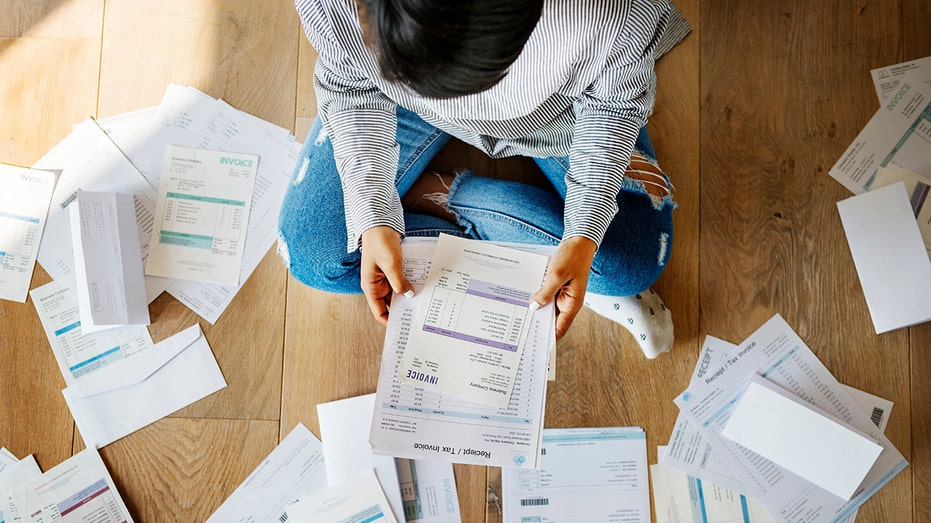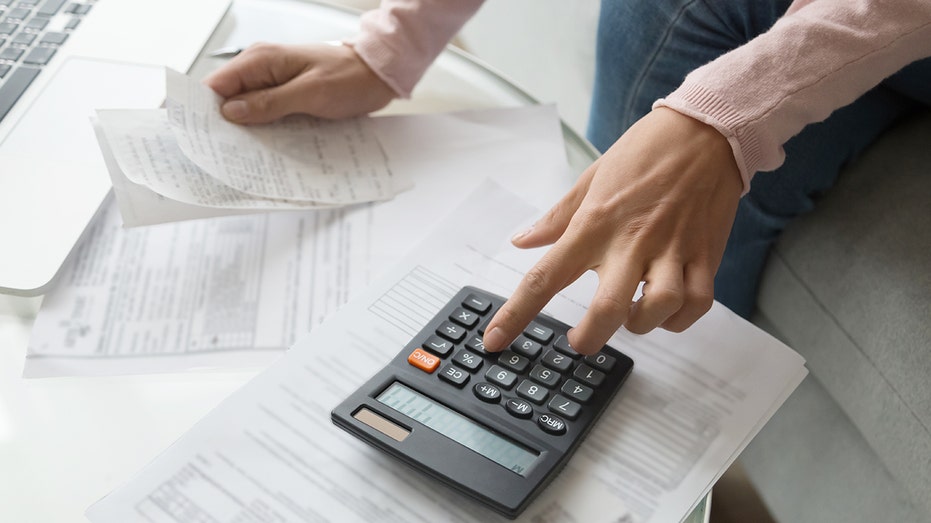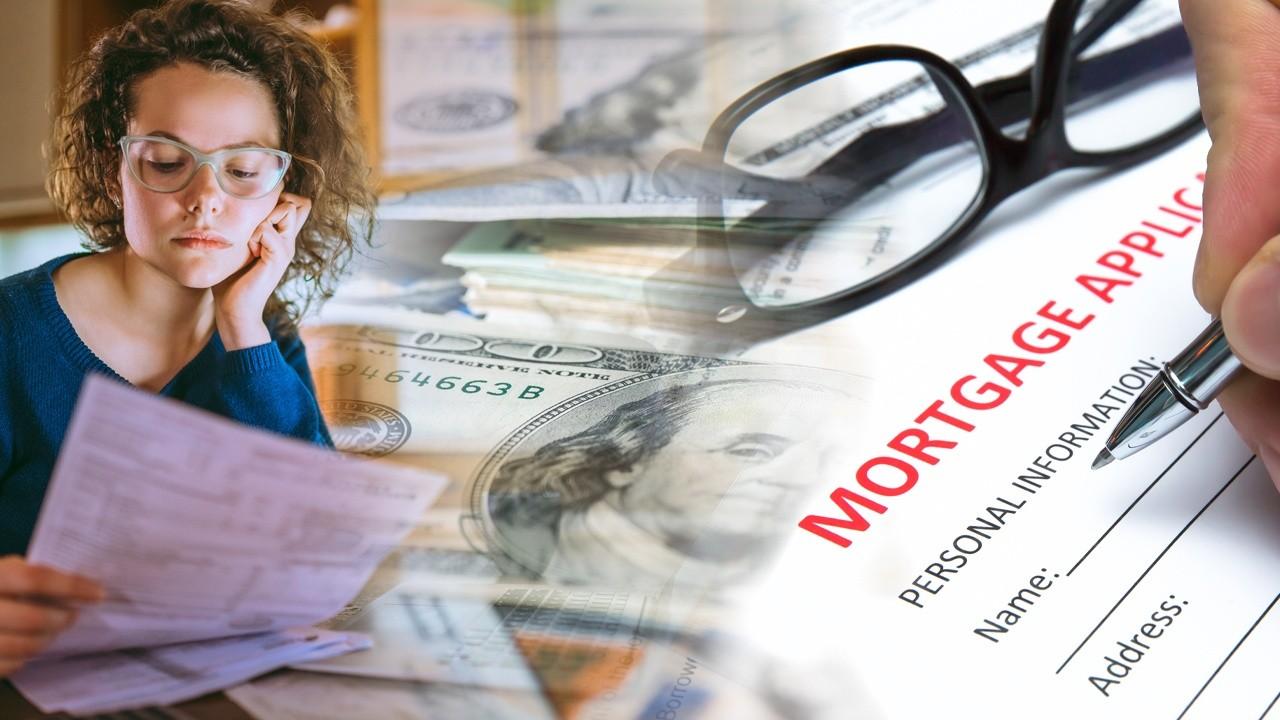Which states have banned debt collection during the coronavirus crisis?
CARES Act does not protect public from private debt collectors
Get all the latest news on coronavirus and more delivered daily to your inbox. Sign up here.
Many were struggling with debt even before the novel coronavirus outbreak -- according to the Urban Institute, in 2018 almost a third of Americans had debt in collections. That figure will only increase as the country deals with the fallout from this unprecedented crisis.
This is why a lot of people are worried that their stimulus checks will be swallowed up by debt collectors. For those struggling to pay for essentials such as food and housing, losing that one-off payment of $1,200 will mean losing a much-needed lifeline.
WHAT HAPPENS IF MY STIMULUS PAYMENT GOES TO A CLOSED BANK ACCOUNT?
Debt collection and your stimulus check
Unlike some government payments -- such as Social Security and disability benefits -- your stimulus check is not shielded from all debt collectors by federal law.
Cash you owe to federal or state authorities can be seized only to pay child support. But the CARES Act does not protect you from private debt collectors, nor will it stop a bank from putting that money toward existing fees or overdrafts.
HERE'S HOW TO PAY OFF CREDIT CARD DEBT IN THE CORONAVIRUS ECONOMY
Several big banks have promised not to use stimulus checks in this way, but debt collectors have made no such promises. If you have a court judgment against you, your stimulus check could be taken directly out of your account, which is also called garnishment. Courts can also order that your account be frozen. That's why a number of states have put their own legislation in place to protect the hardest-hit.
To be clear, if you owe money but there are no court judgments against you, debt collectors cannot take money out of your account. Make sure you check your credit reports regularly so that you are not caught unawares.
Which states have banned debt collection?

(iStock)
Individual states have put a temporary halt on debt collection in a few ways. Some state authorities have limited the seizure or garnishment of stimulus checks. Some have banned garnishment altogether. And in others, the court systems have been suspended, so no new court orders or writs can be issued. However, bear in mind that if there is an existing court order against you, this could still be enforced in these states.
CORONAVIRUS STIMULUS CASH: HOW VETERANS WILL GET THEIR PAYMENTS
According to the National Consumer Law Center, the following states have implemented new rules on debt collection during COVID-19.
- California: Stimulus checks cannot be garnished. The governor also ordered that any money collected be returned.
- Illinois: The governor suspended the permits that allow garnishment on April 14. Illinois Supreme Court measures passed on April 24 mean that funds up to $4,000 garnished after March 8, 2020 must be returned.
- Indiana: Originally ordered that courts could not issue writs until the end of the emergency. Then on April 20, it also stopped garnishment of stimulus payments.
- Iowa: The governor has suspended garnishment and debt collection activities until April 30, although this may be extended.
- Maryland: A governor's order states that stimulus payments are exempt from garnishment.
- Massachusetts: In one of the first states to take action to limit debt collection during the crisis, stimulus funds cannot be garnished and debt collectors may not begin new actions during the health emergency.
- Nebraska: The Attorney General says the state will enforce existing rules which stop creditors from garnishing money needed for basic necessities.
- Nevada: The issuance of court orders allowing wage garnishment have been suspended until April 30.
- New York: Stimulus payments cannot be garnished under New York law. Other debt collection practices have been banned during the crisis.
- North Carolina: Suspended collection of state-owned debts.
- Ohio: The Attorney General declared that stimulus payments are exempt from garnishment.
- Oregon: The governor ordered that stimulus checks cannot be garnished.
- Rhode Island: The Attorney General declared stimulus checks exempt from seizure.
- Texas: Writs can be issued, but bank accounts cannot be garnished, nor can accounts be frozen until after May 25.
- Virginia: Declared judicial emergency, which means that courts will not operate -- and so will not issue garnishments -- until May 17.
- Vermont: The Attorney General declared on April 21 that stimulus payments are exempt from garnishment.
- Washington: The Governor prohibited certain garnishments until May 14.
- Washington, D.C.: As part of a number of measures passed by the mayor on April 10, creditors and debt collectors may not initiate or act upon any garnishment or withholding of earnings or funds. This applies during the health emergency and for 60 days afterward.

(iStock)
In other states, including Georgia, Missouri, and Pennsylvania, individual county courts have suspended garnishment hearings or stopped issuing writs.
Almost every state that has restricted debt collection activities has made exceptions for child support, victim restitution, and similar payments. And each state is reviewing its suspensions periodically to extend as needed.
Ways to protect your stimulus check
If you are scared you'll lose your stimulus check to a debt collector, whatever you do, don't just ignore the problem. First, find out what the current rules are in your state. Even if they aren't listed above, states are issuing new guidelines by the day and you may still be protected.
CORONAVIRUS RELIEF TAX DEDUCTION DENIAL: IS YOUR PPP LOAN WORTH LESS?
If you owe the bank money, reach out to it by phone or email. A number of financial institutions have hardship programs in place, but only for customers who ask for help. Explain how COVID-19 has impacted your finances, and find out what your options are.
If you already have a court judgement against you, one immediate step you can take is to request that your stimulus check be mailed to you, rather than deposited in your bank account. And if you don't have a judgement against you but are struggling to keep up with your payments, talk to your lender as soon as possible.

(iStock)
Even though some states have put temporary protections in place, you will still owe that money when the emergency has passed. If you've been contacted by a debt collector, start by reading up on your rights. Then ask for written confirmation of the debt -- if you don't think you owe the money, you can dispute it. If the debt is older than the statute of limitations for your state, you don't have to pay it.
GET FOX BUSINESS ON THE GO BY CLICKING HERE
You may be able to work out a way to settle the debt, but the sooner you take action, the better. Dealing with debt collectors is not easy, but whether or not your state has stepped in to protect your stimulus check, you can't avoid the problem forever.
These savings accounts are FDIC insured and can earn you 20x your bank
Many people are missing out on guaranteed returns as their money languishes in a big bank savings account earning next to no interest. Our picks of the best online savings accounts can earn you more than 20x the national average savings account rate. Click here to uncover the best-in-class picks that landed a spot on our shortlist of the best savings accounts for 2020.





















